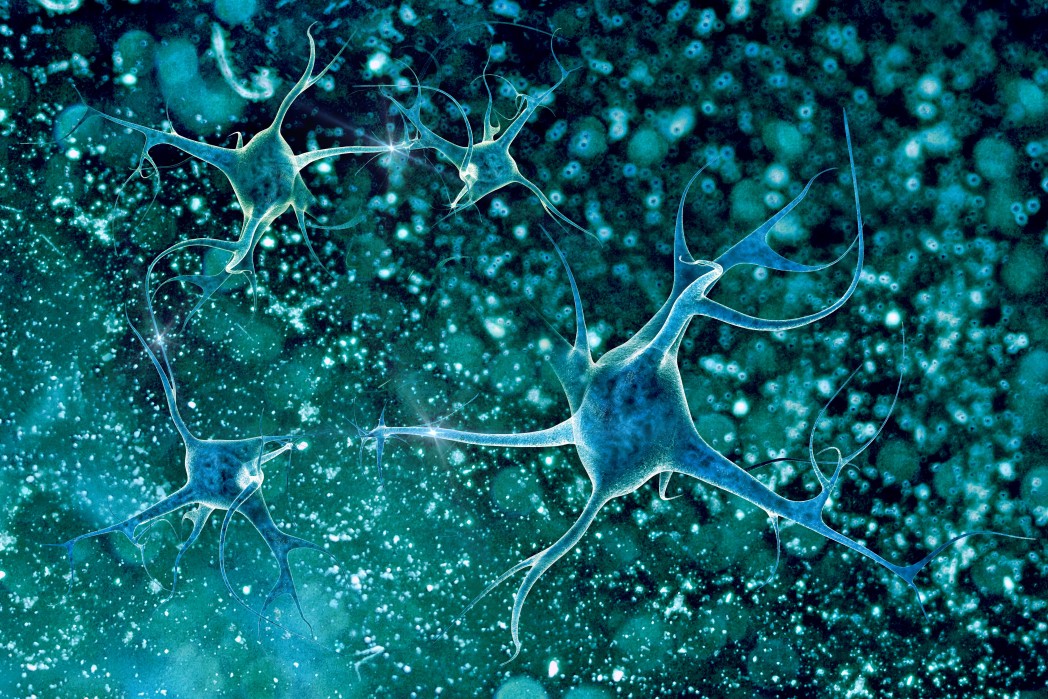ALS Researchers Find Way to Deliver Genes Selectively to Brain Motor Neurons

Researchers have, for the first time, managed to selectively alter gene expression in brain motor neurons of mice modeling amyotrophic lateral sclerosis (ALS) without affecting other neurons in the motor cortex. The results are a major step forward in efforts to develop gene replacement therapy for ALS.
“The brain is very complex, with many different cells, but in ALS only a distinct neuron population shows initial vulnerability and undergoes progressive degeneration,” the lead author, Hande Ozdinler at Northwestern University Feinberg School of Medicine, said in a press release. “To develop effective treatment strategies, we must deliver genes only to the neurons in need. This is not easy to accomplish — previous studies have managed to induce a broad but non-specific transduction of many different neurons.”
The team has previously shown that defects in motor neurons, signaling from the brain to the spinal cord to initiate voluntary movement, might be where disease originates in ALS. So the research team tested seven different viral vectors of the adeno-associated virus (AVV) type, a well-known method used for delivering genes into neurons. One of the strains, called AVV2-2, could deliver genes to motor neurons in the brains of mice at higher rates than previously ever recorded.
The researchers tracked the newly introduced genes by using a fluorescent dye. They noticed that the genes could be delivered into brain motor neurons in mouse models of both pre-symptomatic and symptomatic ALS. This has profound implications for ALS therapy development and particularly for familial ALS, where defects in brain motor neurons are known to occur.
“With just a one-time injection into the motor cortex, genes were very specifically delivered to the upper motor neurons. Among all cells transduced, about 70 percent were upper motor neurons. Without selectivity, this would be about 1 percent,” said Dr. Ozdinler.
This time, the scientists only tested if the method was appropriate for the task of delivering genes. “In further research, we will examine how we can modulate gene expression to introduce correct versions of mutated genes and improve that connectivity and motor functions,” Dr. Ozdinler said.
AVV2-2 is already in clinical trials for diseases such as Parkinson’s, possibly reducing the time for development of new ALS treatments using the virus. The findings were published in the journal Nature Gene Therapy.






